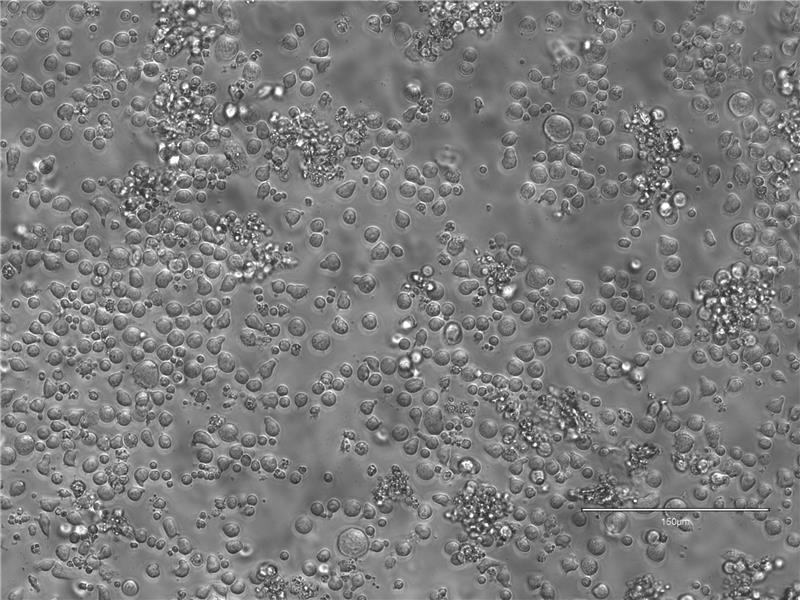Detected patterns of change in blood cells with age, which could be used to develop anti-ageing therapies
A technique developed under the coordination of researchers from the Centre for Genomic Regulation (CRG) and the Institute for Biomedical Research (IRB) in Barcelona has made it possible to track methylation patterns or “barcodes” in blood cells and construct their epigenetic family tree. This has enabled them to trace their evolution and changes with age, which could be useful for disease prevention and for the study or even development of specific therapies against ageing. The results are published in the journal Nature.

Iñaki Martín-Subero - envejecimiento CRG EN
Iñaki Martín-Subero
ICREA research professor and head of the Biomedical Epigenomics Group at IDIBAPS in Barcelona
This is an excellent study, with exceptional technical quality and a high degree of conceptual innovation.
The study describes a new single-cell methodology based on epigenetics to better understand cell maturation from stem cells and how this process is altered during ageing and can lead to diseases such as cancer.
[Regarding potential limitations] As with any novel study, the promises outweigh the limitations. This work paves the way for other researchers in multiple fields of biomedicine. For now, no clinical applications are anticipated, but its potential for research is enormous.
Conflict of interest: "I work in the study of blood cell epigenetics".
Ana Guerrero - envejecimiento CRG EN
Ana Guerrero
Ramón y Cajal researcher at the Institute of Neurosciences at the University of Barcelona
This landmark study represents a major advance in our ability to understand and monitor ageing at the cellular level. Since ageing is the leading risk factor for a wide range of diseases —including cancer and neurodegeneration—i t will be interesting to explore how EPI-Clone barcodes shift not only during healthy ageing, but also in the preclinical stages of disease, before symptoms emerge and when interventions are most likely to be effective.
As such, EPI-Clone could become a valuable tool for assessing the efficacy of emerging anti-ageing therapies, such as senolytics.
Scherer et al.
- Research article
- Peer reviewed
- Experimental study



